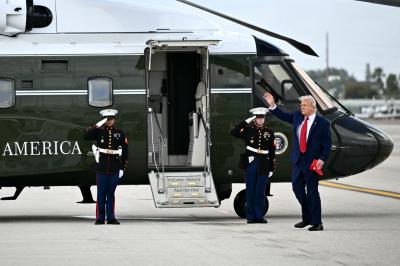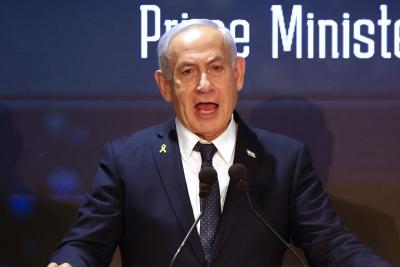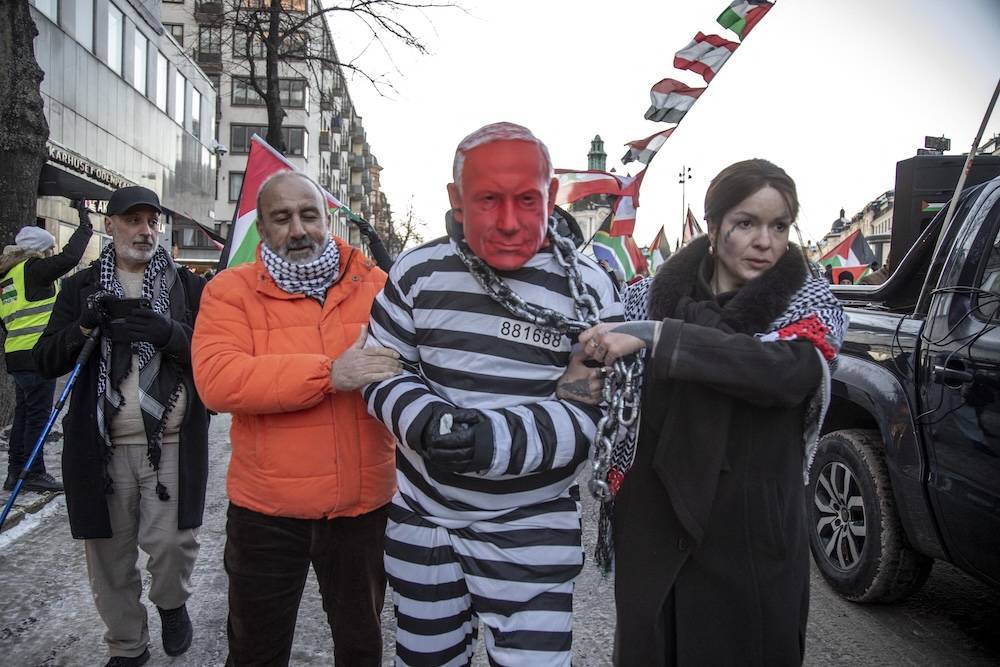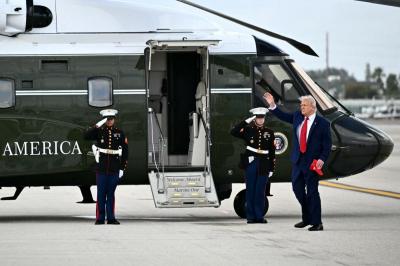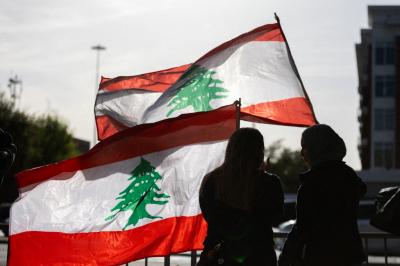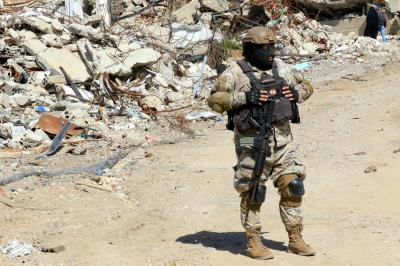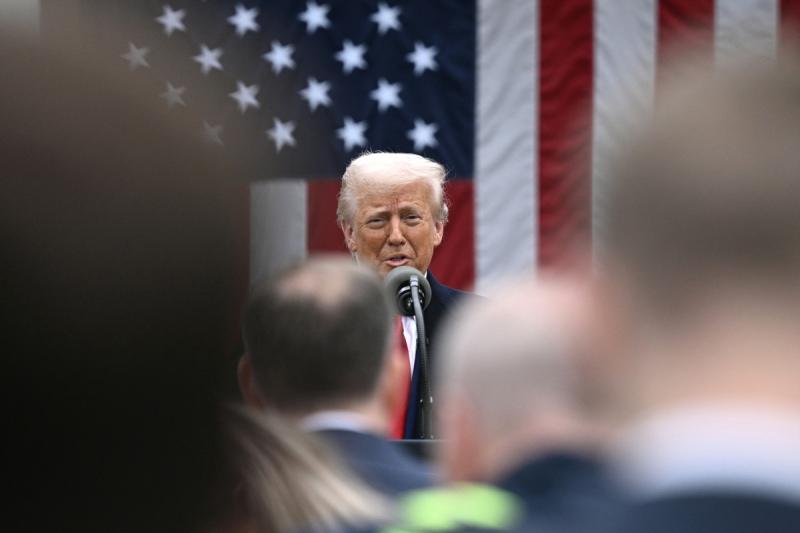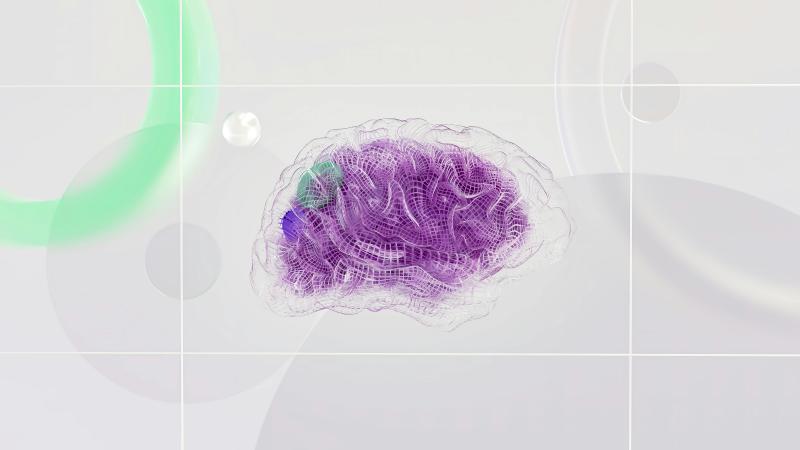The legal troubles of Israeli Prime Minister Benjamin Netanyahu are not limited to the arrest warrant issued by the International Criminal Court (ICC) against him and his former Defense Minister, Yoav Galant, for war crimes in Gaza. On December 2, Netanyahu will have to appear before the Central Court in Jerusalem to face corruption charges. Added to this are the cases surrounding his close associates, including the leak of sensitive information used to reject a ceasefire and prisoner exchange agreement with Hamas.
The ICC's decision is a significant blow to the legitimacy of the war Netanyahu has been waging for over 14 months in Gaza. This war, disguised as a campaign to "eradicate Hamas," resembles brutal vengeance against civilians. Over 44,000 victims, mostly women and children, repeated evacuation orders, massive destruction of the healthcare system, and 60% of housing destroyed — all of these facts are beyond comprehension.
In Israel, no one dares to challenge Netanyahu and say, "Enough." Even the United States, which supplies the weapons used in Gaza, has discredited itself morally by refraining from stopping the killings. It is thus up to international justice to intervene.
The ICC's decision took Israel by surprise. U.S. President Joe Biden called it "outrageous," expressing concern that such audacity toward a close ally of Washington could one day target an American official. This opinion is shared by Republican Senator Lindsey Graham, an ally of President-elect Donald Trump. Many Democratic senators have also condemned the decision. Some members of the upcoming Trump administration have promised a strong response against the ICC after January 20.
Western countries remain divided. While nations like Hungary, Austria, and the Czech Republic reject the decision, others, such as Germany and the United Kingdom, hesitate to take a position. Italy, for its part, displays disagreements within its government. However, the same West applauded last year when the ICC issued an arrest warrant against Vladimir Putin for the deportation of Ukrainian children to Russia, revealing its hypocrisy and double standards.
Now, despite U.S. protection and Washington's pressure on countries not to enforce the ICC's decision, Netanyahu, Galant, and other senior Israeli officials will have to be extra cautious in their travels to avoid arrests and prosecutions for war crimes.
But Netanyahu’s legal troubles do not end there. The International Court of Justice is still examining a complaint filed by South Africa accusing Israel of genocide in Gaza. Furthermore, the Israeli Prime Minister must defend himself before the Central Court in Jerusalem in a bribery case involving businessmen. The court has rejected a request to postpone his hearing despite the security situation in Israel.
This case has sparked a wave of protests in Israel. NGOs have petitioned the Supreme Court, calling for Netanyahu's temporary suspension from office until the end of his trial. The Supreme Court has ordered Netanyahu and the government's legal advisor, Gali Baharav-Miara, to present their positions within six days.
At the same time, Israel is shaken by the issue of leaked confidential documents from the military intelligence unit Aman, orchestrated by Eli Feldstein, Netanyahu’s spokesperson. These leaks, published by German media, aimed to manipulate Israeli public opinion against Hamas and distract attention from protests by the families of Israeli hostages held in Gaza.
Netanyahu is accused of orchestrating these leaks to deflect criticism of his handling of negotiations with Hamas. However, he has denied the accusations, blaming foreign media for the leaks.
Adding to these legal challenges are internal tensions within the Likud party and with the military. Netanyahu is seeking to oust Yoav Galant from his party and is considering dismissing Chief of Staff Herzi Halevi, further exacerbating divisions at the top of the state.
In summary, the noose is tightening around a weakened Netanyahu, caught between international accusations, internal scandals, and heightened political rivalries.
 French
French



